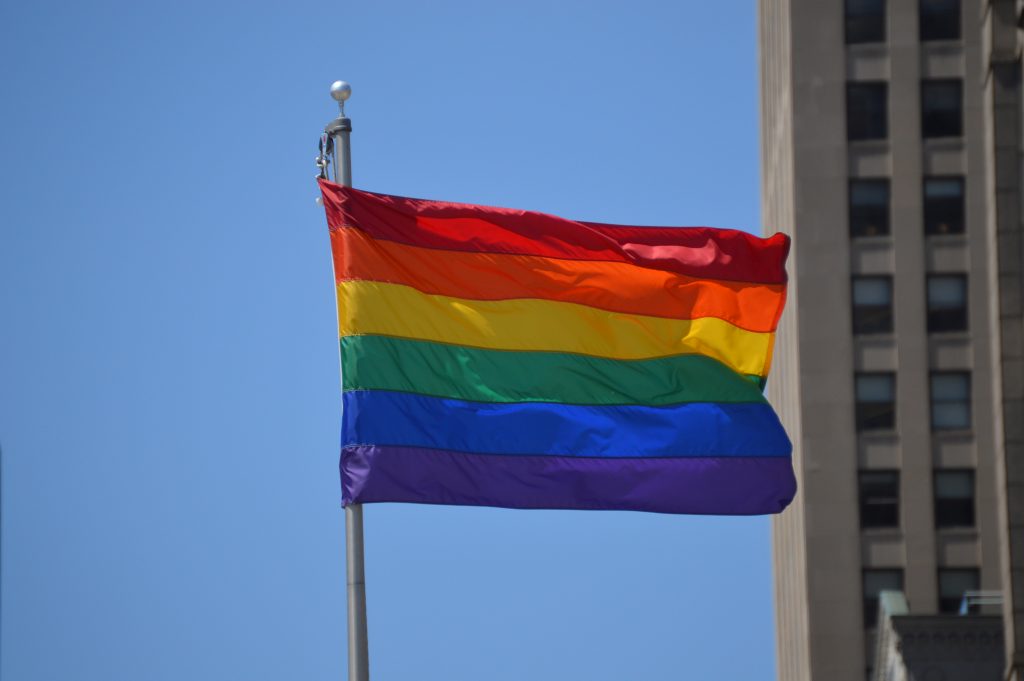For Minority Communities, ‘Coming Out’ is Still Hard To Do
Off the heels of the Zakar Twins’ touring production, ‘Pray The Gay Away,” CultureShift takes a deep dive into the coming out experience in minority communities.

Pop-culture may have it appear as though “coming out” has become an easier conversation.
However, when going beneath the surface, easy wouldn’t quite be the proper term.
“There’s a great deal of shame in minority communities over their LGBT orientation.” – Dr. Fran Brown, Michigan School of Psychology
According to Curtis Lipscomb, founder of LGBT Detroit and Dr. Fran Brown, president of the Michigan School of Psychology in Farmington Hills, revealing your sexual identity still comes with a mix of emotions and discomforts; and when it comes to minority groups, the topic is still taboo and in some cases not without harm or conflict.
Click the player to hear CultureShift’s Ryan Patrick Hooper in conversation with Curtis Lipscomb and Dr. Fran Brown about the stigmas and complexities that still exist in the LGBTQ+ community.
“It would be unusual for anyone to wave balloons or celebrate somebody coming out,” says Lipscomb in reference to the LGBTQ+ African American experience. “But for those who struggle with identity and do come out in black and brown communities, it is quite different. It isn’t unusual for someone to witness some type of violence when they identify as LGBT+, and it isn’t unusual for someone to have questions around what it is to be [LGBT+].”
Arab American Twin brothers, Michael and Zach Zakar, known as the Zakar Twins detailed their coming out journey with their mother in “Pray The Gay Away,” a touring theatrical production that takes on a comedic tone to deliver personal truths.
In an interview with CultureShift’s Ryan Patrick Hooper, the twins said that the topic is still very misunderstood in the Arab community.
Coming out also takes a mental and emotional toll, notes Dr. Fran Brown. For 16 years, Dr. Brown operated a private practice with a focus on working with the LGBT+ community and their families.
“There’s a great deal of shame in minority communities over their LGBT orientation,” she says. “There are different stages of identity development. I think one of the most important things is connecting people with people and families like them, can be the thing that replaces some of the support they get or can normalize how they feel about themselves.”
Support the news you love.
Here at WDET, we maintain our journalistic integrity through independent support from readers like you. Because you value WDET as your source of news, music, and conversation, please make a gift today.
